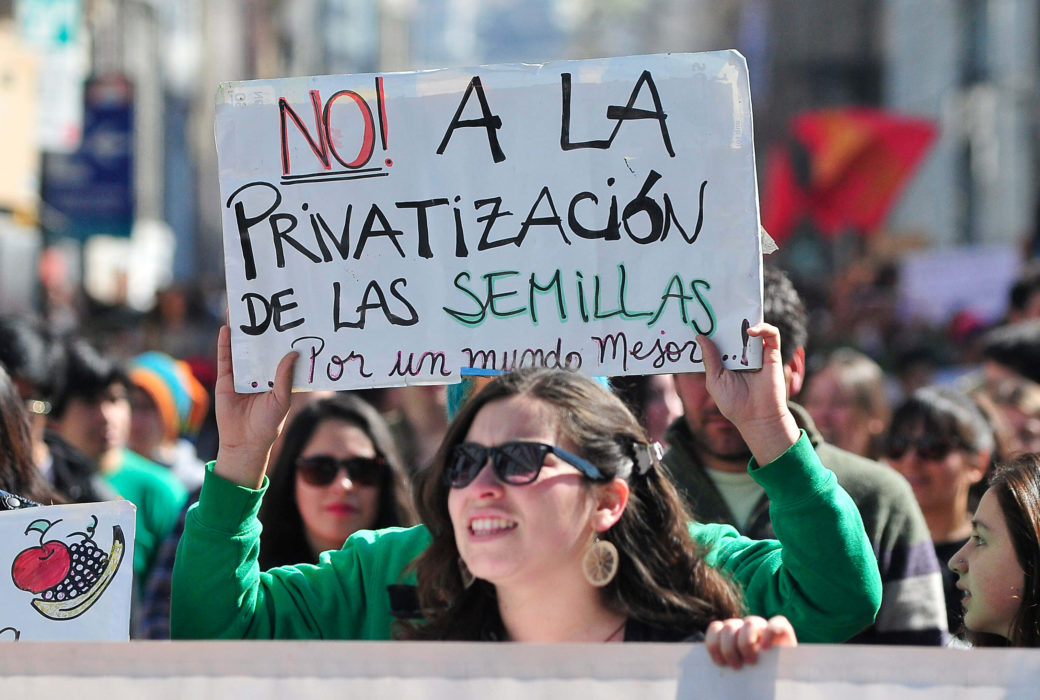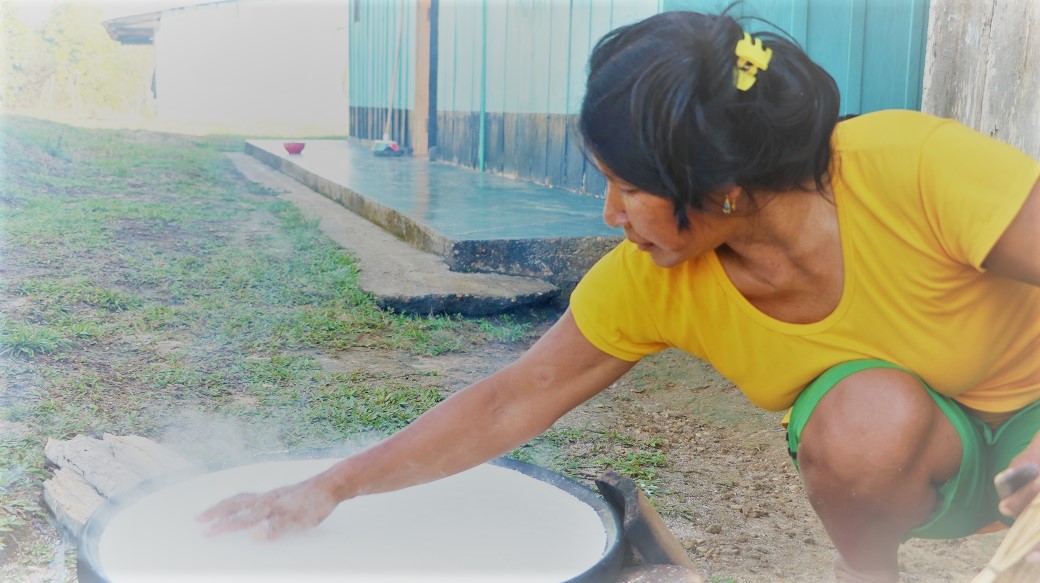Mainstreaming gender and community conservation in the Convention on Biological Diversity (CBD)

8 December 2016
Contract Group 4, Universal Building, Main Floor, CBD COP13 Cancun, Mexico
HOST ORGANISATION: Global Forest Coalition, ICCA Consortium, Indigenous Women’s Biodiversity Network, GEF-SGP, and Natural Justice
This side-event was held on 8 December and was co-hosted by Global Forest Coalition, ICCA Consortium, Indigenous Women’s Biodiversity Network, GEF Small Grants Program, and Natural Justice. The event addressed how recognising and supporting the meaningful participation of men and women and the contributions of Indigenous Peoples and local communities through collective rights-based approaches such as community conservation initiatives can enhance the implementation of the CBD’s Strategic Plan 2011-2020.
Community conservation initiatives are excellent examples of collective rights-based approaches to biodiversity conservation that can contribute significantly to implementing the Strategic Plan for Biodiversity 2011-2020. As holders of unique traditional knowledge, indigenous and local women play an invaluable role in such collective action and community conservation initiatives as well as in sustainable development in general. While mainstreaming gender considerations and promoting gender equality in biodiversity conservation and national plans is a key priority of the CBD (X/2; X/19; XII/7), greater awareness and recognition is needed of the special and practical contributions women in community conservation initiatives can provide to the implementation of the CBD and Aichi Biodiversity Targets, including target 11. This is particularly relevant as the COP reviews the progress of the Strategic Plan for Biodiversity 2011-2020 and achievement of the Aichi Biodiversity Targets, and deliberates how to enhance implementation including through other means and initiatives. With the aim of raising awareness on the need to mainstream gender and respect for community conservation in the work programmes of the CBD and national biodiversity strategies and action plans (NBSAPs), this side event seeks to present and debate the following:
– Why community conservation and women’s empowerment is important for the implementation of national policies around biodiversity, NBSAPs and SDGs.
– Case studies that highlight women’s contributions and rights, roles, needs and aspirations as they relate to community conservation of forests, agro-ecosystems and marine ecosystems and how that impacts on food security, biodiversity conservation, climate change, and water and energy resources.
– The importance of effective participation of women’s groups in biodiversity policy making and gender-sensitive priorities entering into NBSAPs and other national policies related biodiversity, including forest, agriculture and fisheries policies.










